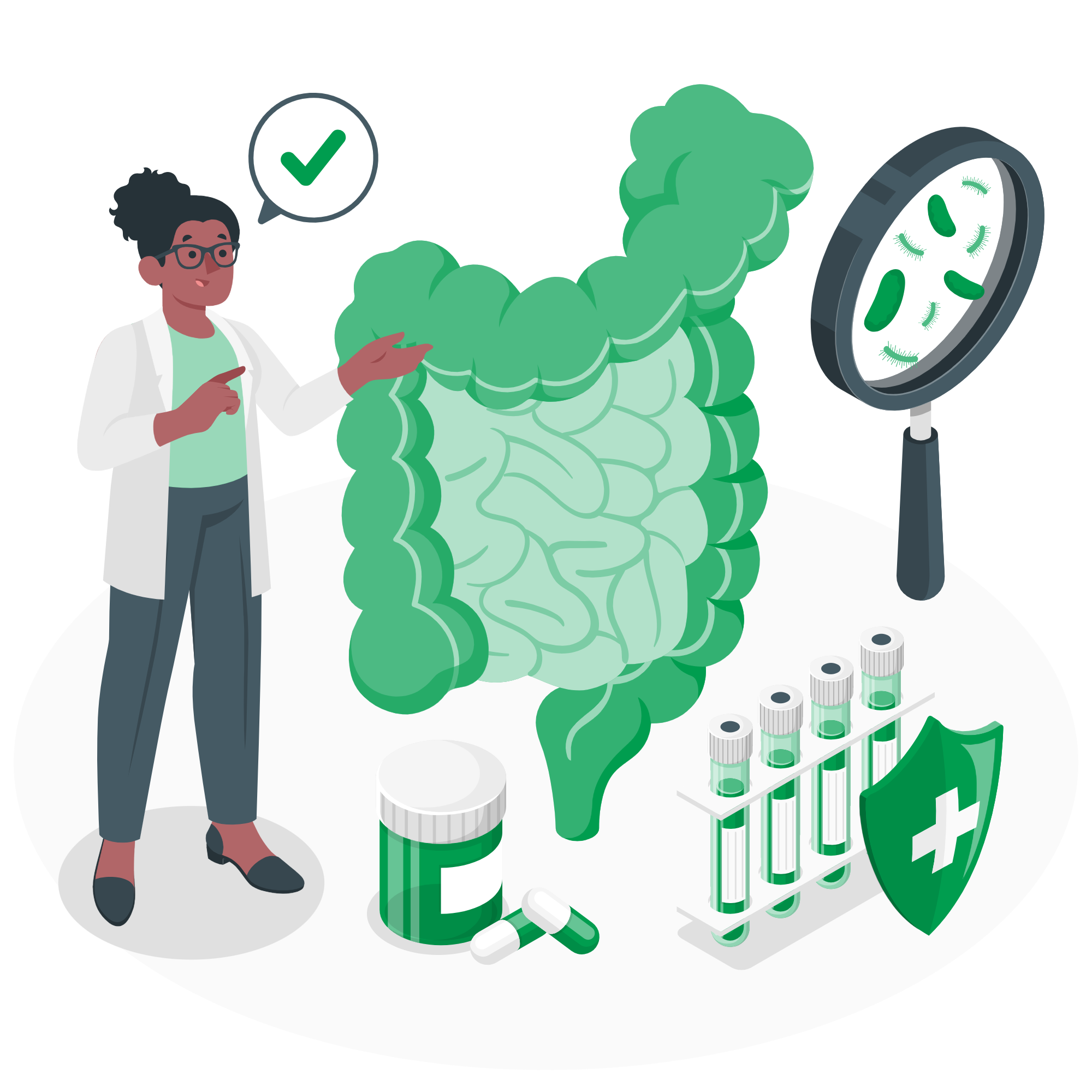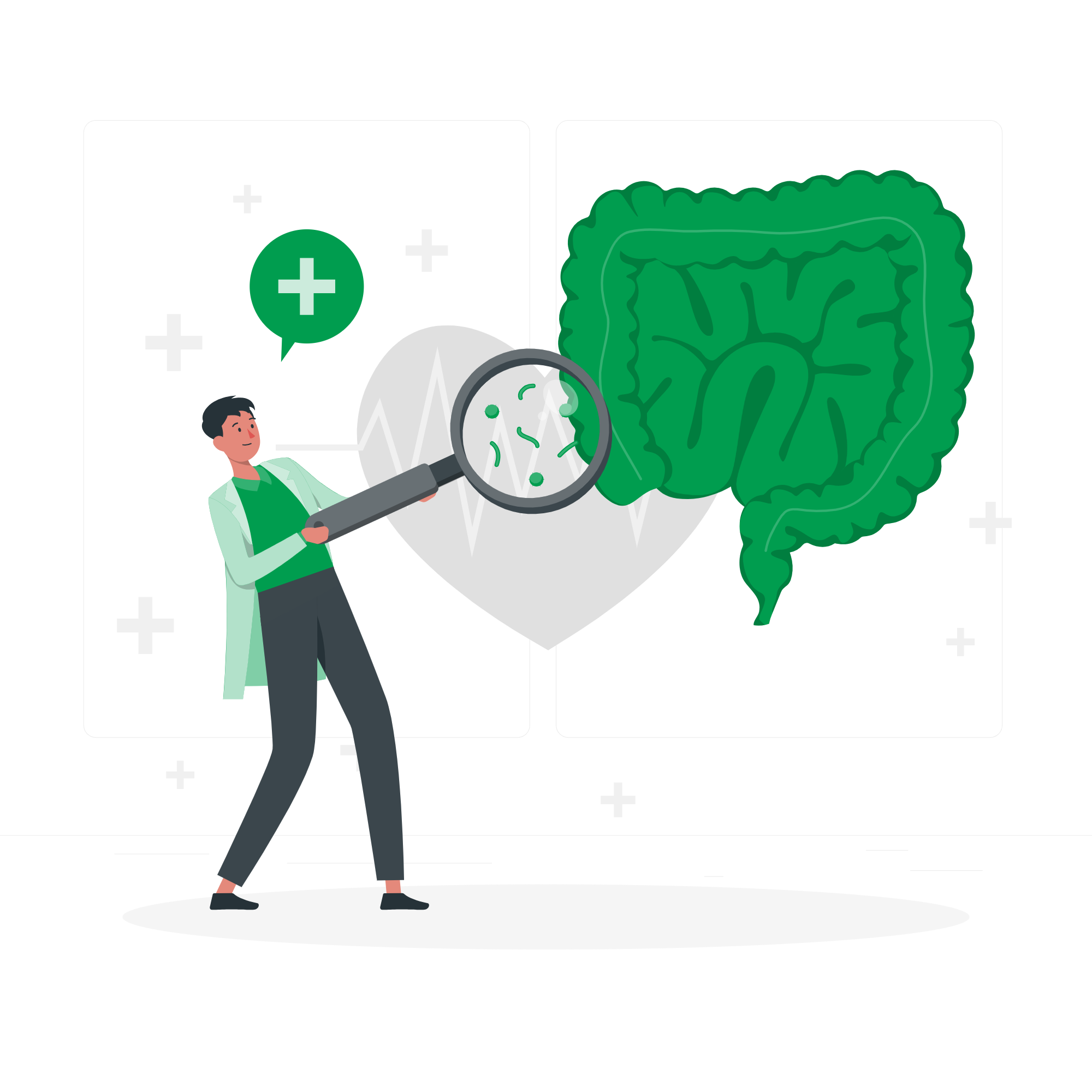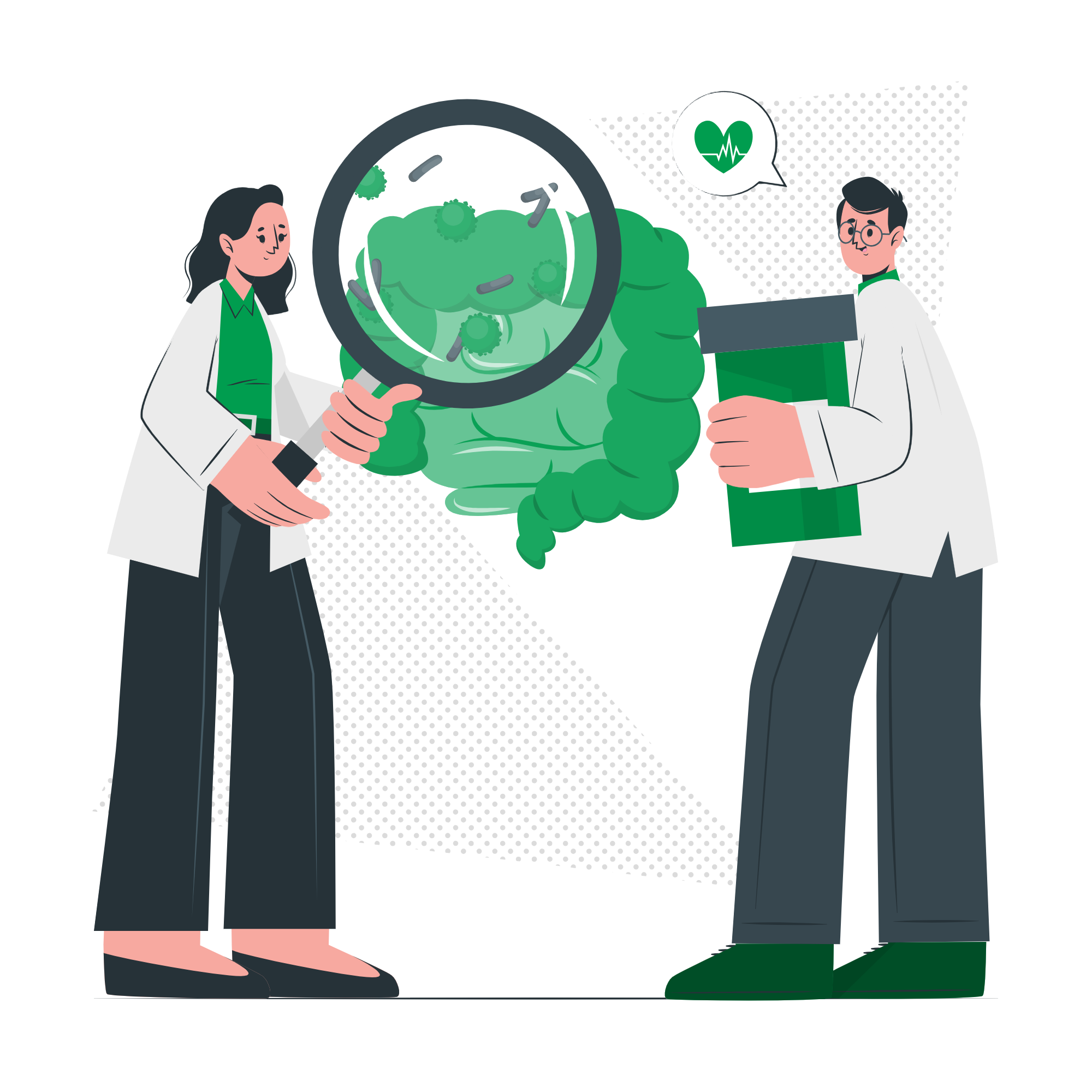Not absorbed, No energy produced,Why Is Dietary Fiber Important for Your Digestive Health?
Dietary fiber, as the "seventh largest nutrient", has become increasingly well-known to people. “Dietary fiber is a low-energy substance that helps maintain normal intestinal function.” This is a function promotion allowed to be printed on the outer packaging box. So, how does dietary fiber maintain normal intestinal function?
Simply put, dietary fiber is beneficial for bacterial growth and promotes intestinal health; it promotes bowel movements and facilitates waste excretion; it increases satiety and helps control weight.

The intestine is the largest organ in the human body (7-8 meters long, with a total area of over 200 square meters), containing the richest microbiota. It is the largest immune organ in the human body (responsible for over 70% of the body's immune function) and also the most important detoxification organ.
The human intestine is mainly composed of the small intestine and the large intestine, with the small intestine located in the anterior segment and the large intestine located in the posterior segment.
The small intestine is the main organ for absorbing nutrients in the human body, and food generally stays in the small intestine for 3-8 hours.
Due to the high digestive enzyme activity of the small intestine, the fermentation degree of dietary fiber is relatively low here. It is mainly dissolved in water and forms gel like substances, which helps to slow down the speed of food passing through the small intestine, thus delaying the absorption of sugar and fat, reducing cholesterol, and not increasing blood sugar. In addition, some soluble dietary fibers can effectively promote the growth of beneficial bacteria in the small intestine.

The posterior segment of the human intestine is mainly the large intestine, which can absorb small amounts of water, inorganic salts, and some vitamins.
Most insoluble dietary fiber and some soluble dietary fiber only begin to take effect after reaching the large intestine. Bacteria in the large intestine can ferment these dietary fibers, producing short chain fatty acids such as acetic acid, propionic acid, and butyric acid.
Short chain fatty acids are of great significance to our health. Firstly, short chain fatty acids participate in the digestion and absorption process of food, while acetic acid and butyric acid can promote the diversity of beneficial gut microbiota. Secondly, short chain fatty acids have anti-inflammatory effects by binding to intestinal receptors, affecting mucosal and systemic immunity. In addition, short chain fatty acids are also an important energy source for intestinal cells, helping to maintain intestinal wall integrity.
Dietary fiber in the large intestine increases beneficial bacteria (such as bifidobacteria and lactobacilli) through fermentation, driving away harmful bacteria that cause diarrhea, constipation, and weight gain.

The posterior segment of the large intestine is mainly the rectum. Due to the fact that insoluble dietary fiber is not digested in the intestine and can absorb water to expand, it increases its volume, stimulates intestinal peristalsis, accelerates the movement of food residues in the intestine, helps soften stool, and effectively improves constipation.
The study found that every 7 grams of dietary fiber increased daily through food intake will reduce the risk of cardiovascular disease by 9%, the risk of stroke by 7%, the risk of colorectal cancer by 8%, the risk of rectal cancer by 9%, and the risk of diabetes by 6%. It can be said that increasing dietary fiber is a cost-effective healthy dietary measure that can quickly yield results.
Article reference source:"Research Progress on the Effect of Dietary Fiber on Lipid Metabolism Regulating through Intestinal Microecology" Food Science, Authors: Wang Chen, Zhong Saiyi, Zou Yuxiao; "Dietary Fiber: The "Scavenger" of the Human Body" People's Daily; "How to Supplement Dietary Fiber to Benefit Intestinal Health?" Youlai Doctor, Author: Liu Qianmin; "Dietary Fiber Affects Body Health by Regulating Intestinal Bacteria!" The Paper, Author: Chen Binlin; "Dietary Fiber, They Love You More Than You Know" Jianjian Technology
The pictures inserted in the article do not involve commercial activities and are for communication only.Some of the pictures in this article are from the Internet.Health illustrations by Storyset.If there is any infringement, please contact us to delete it.




